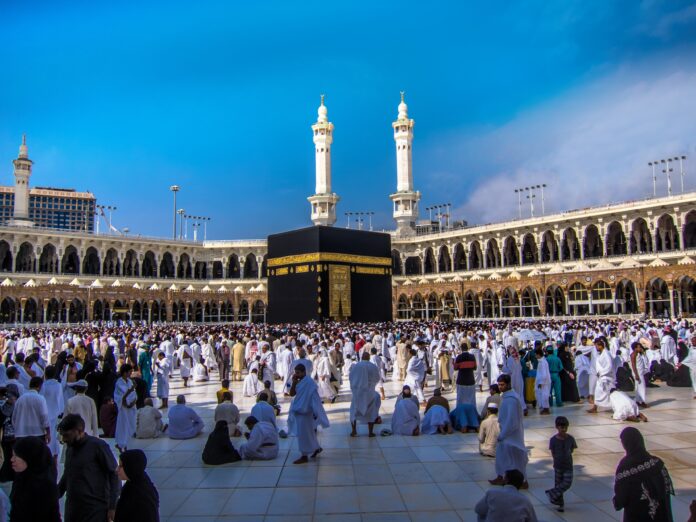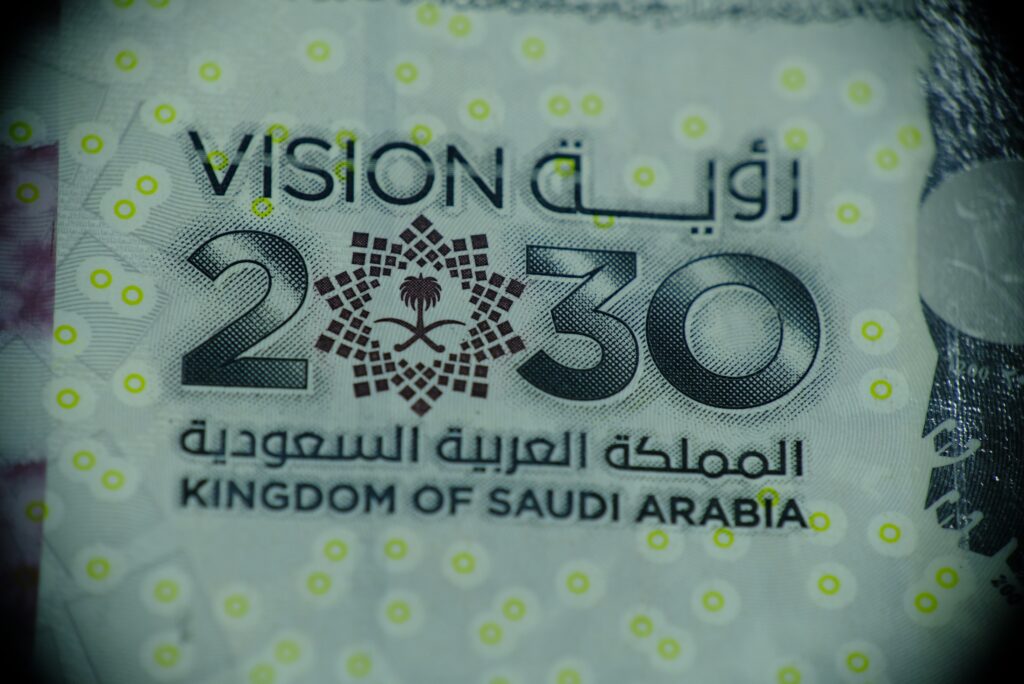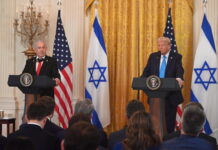Blogger Najm Al-Din says that a recent ziyarat tour during Umrah revealed a bitter truth – Saudi Arabia is betraying the Prophet’s legacy and trying to dilute lessons from his life that should be inspiring our actions today.
Recently, I had the honour of performing Umrah and exploring the blessed cities of Makkah and Madinah.
As a history enthusiast, having a tour guide show me around the notable landmarks of each city was a no-brainer.
With each location packed with revered sites mentioned in the Quran and Prophetic traditions, here was an opportunity to go beyond sightseeing and traverse the footsteps of the Messenger (pbuh).
But despite the rewarding nature of my visit, it was impossible to ignore how the followers of Al Saud had betrayed the legacy of the Prophet Muhammad (pbuh).
Masjid Al Bay’ah
One of my guides was employed by the Saudi Ministry of Hajj and Umrah and both were graduates of Madinah University. Each possessed an in-depth knowledge of history and their passion for sharing information made the experience worthwhile.
Subscribe to our newsletter and stay updated on the latest news and updates from around the Muslim world!
But being gifted storytellers with an impressive ability to recall facts and anecdotes from the Seerah means little unless we can relate it to our lives, especially in cities like Makkah and Madinah which are sanctified by Allah and from where we derive inspiration to emulate the life and actions of the Prophet (pbuh).
An example to illustrate my point would be the visit to Masjid Al Bay’ah, which commemorates the site where the oath of allegiance was given to the Prophet (pbuh) by the leaders of the Aws and Khazraj tribes, culminating in the establishment of the first Muslim political entity.
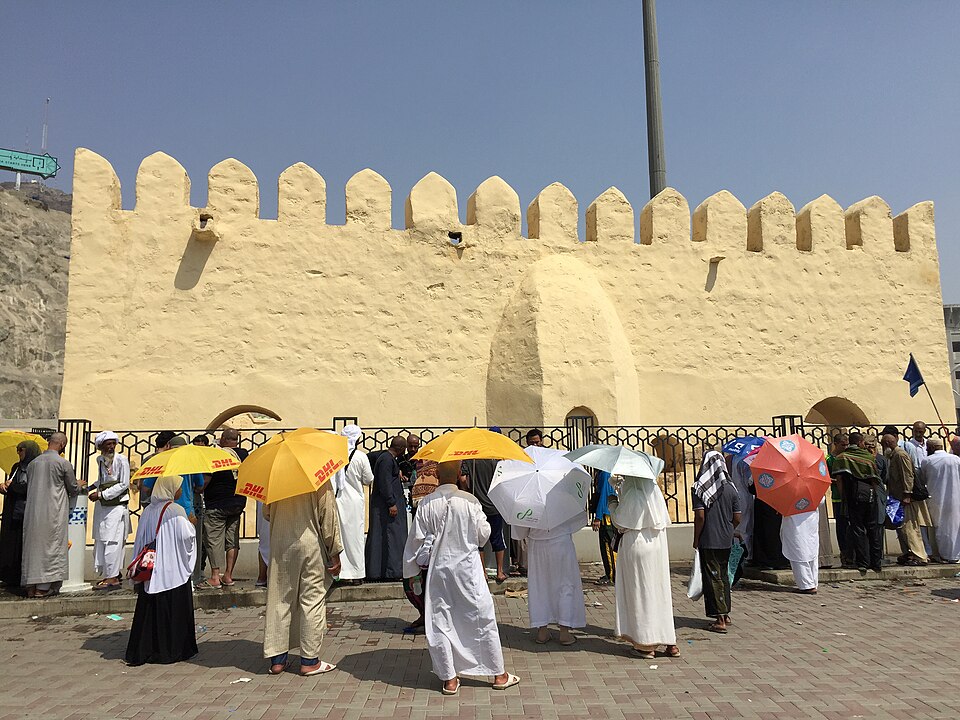
While our guide acknowledged the event as a pivotal moment, there was scant reference to the important function of bay’ah (pledge of allegiance) in legitimating a ruler’s authority under Islamic law and the communal obligation to restore a unified Islamic polity as exemplified by the Prophet (pbuh) and the Ansar of Madinah.
According to the majority of Sunni jurists, Muslims are only obliged to show fidelity to a Khalifah who upholds a contract to implement the laws of Islam, and there is scholarly consensus that a bay’ah is a condition for legitimacy which formalises the social contract between the people and the ruler.
A glaring omission from the guide’s explanation was that the polities in the Muslim world do not fulfil this condition as they emerged as nation states carved out of the decaying vestiges of the Ottoman Caliphate and were forcefully imposed on the populace without any mandate to rule by Islam.
While broaching the subject was risky, it highlights a tendency among Umrah tour operators to teach Islamic history as isolated facts which are frozen in time, bearing little relevance to our current reality.
Battle of Uhud
I also felt a disconnect between the past and present when visiting Archer’s Hill, a rocky mountain where the Prophet (pbuh) strategically positioned archers during the Battle of Uhud.
Following a riveting account of the fight scene, the guide explained the lessons to be drawn from defeat and why the companions were eventually routed by the Quraysh. He spoke of the importance of obeying orders and spurning the fleeting pleasures of the dunya, before eulogising the martyrs of Uhud at a nearby cemetery.
A recurring theme in our conversation was that the Prophet (pbuh) overcame insurmountable odds and prevailed against his enemies due to an unwavering tawakkul in Allah, as shown in the Battles of Badr and Khandaq, where the disbelievers possessed greater infantry, cavalry and manpower.
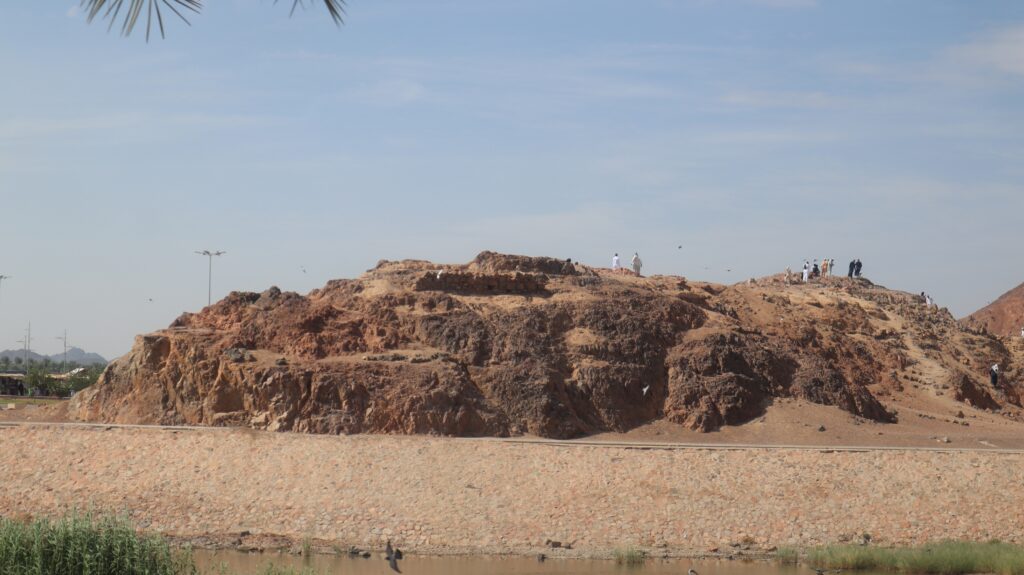
I used this opportunity to analogise with Israel’s aggression against the Palestinians and our obligation towards Muslims in occupied territories.
Although acknowledging the existential threat posed by Zionism, he claimed the Saudi government risked imminent destruction by confronting Israel, given the latter’s vastly superior arsenal.
While I recognise the importance of military preparedness, I found his exoneration of Al-Saud ironic, as moments ago he lauded the companions for striving in the path of Allah when every odd was stacked against them, only to swallow the myth of Zionist omnipotence and be overcome with defeatism by reiterating Israel’s competitive edge against the Muslim world.
If Islamic law never conditioned the liberation of occupied Muslim land on tech parity with our enemies, then who are we to argue otherwise?
Vision 2030
As the tour winded down, our conversation turned to the Kingdom’s momentous strides towards economic regeneration as outlined in the Vision 2030 manifesto.
Plastered on giant billboards and emblazoned on the uniforms of every worker in the Haram Sharif, the visual footprint of Saudi’s economic diversification and social development plan is unmistakable.
After heaping praise on the government’s high-tech overhaul in the technology, construction and energy sectors, the guide implied that KSA was on the brink of a golden age that will change the country beyond recognition.
I waited for him to address the elephant in the room-the radical liberal reforms chipping away at any remnant of normative Islam in the Kingdom, but he insisted the transformation was a net positive.
Ignoring how KSA was fatally compromising Islamic values by placing the nation on a dangerous trajectory towards westernisation didn’t sit well with my conscience.
Unsurprisingly, the guide didn’t indulge the topic or caution against the reformist agenda which is opening the floodgates to all manners of jahiliyyah and transgression against the commandments of Allah, reminiscent of Ataturk’s aggressive secularisation of Turkey.
Saudi violations
While the ziyarat was educational, it confirmed suspicions about Umrah tour operators abdicating their responsibility to command good and forbid evil, when Saudi’s violations against the Ummah have been exposed to the world.
From its brutal crackdown on scholars, adoption of western liberal values, push for Arab-Israeli normalisation and order to remove a vast corpus of hadith which effectively amounts to dismantling a major source of Islamic law, both pilgrims and ziyarat guides have an Islamic duty to condemn the actions of this unaccountable despotic regime, even at the cost of their reputation and livelihoods.
By whitewashing the crimes of Al-Saud and presenting historical facts about the Prophet’s life without making it instructive and meaningful to our present situation, we trivialise his legacy and become agents of the very oppression we were ordered to overturn.






